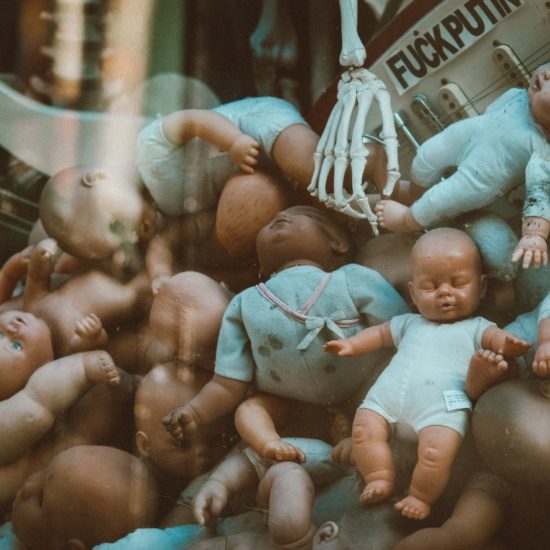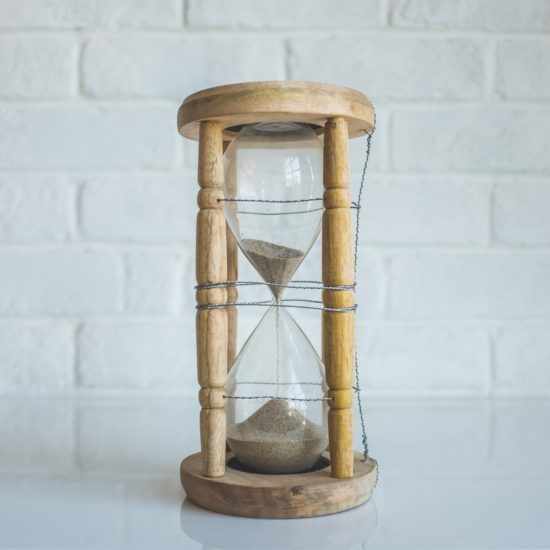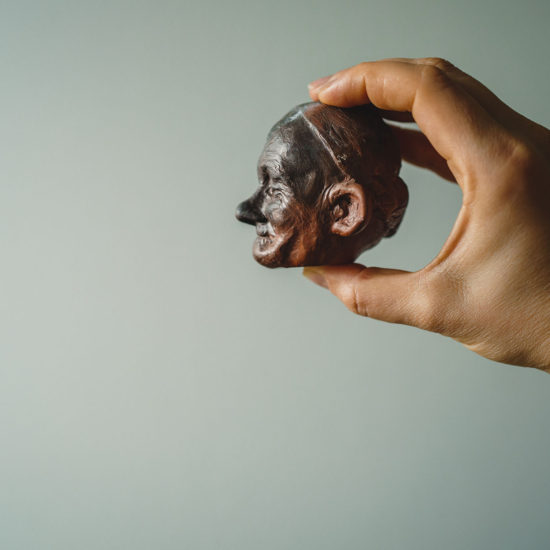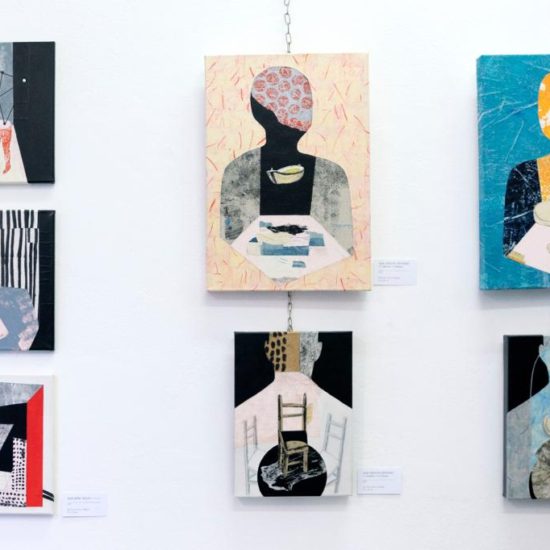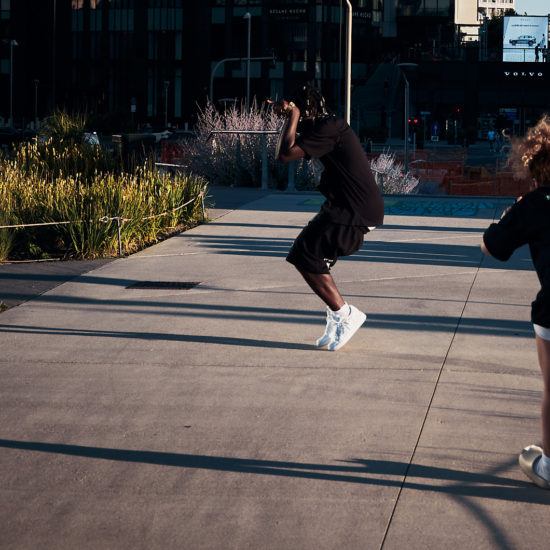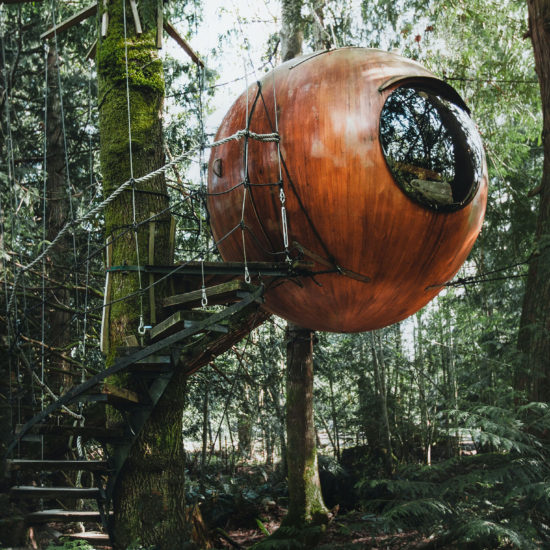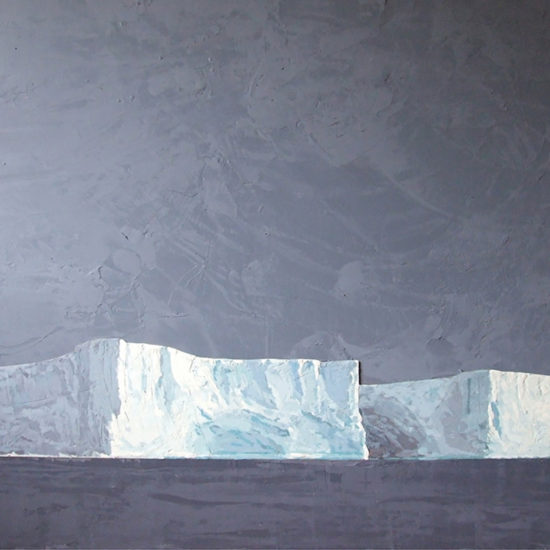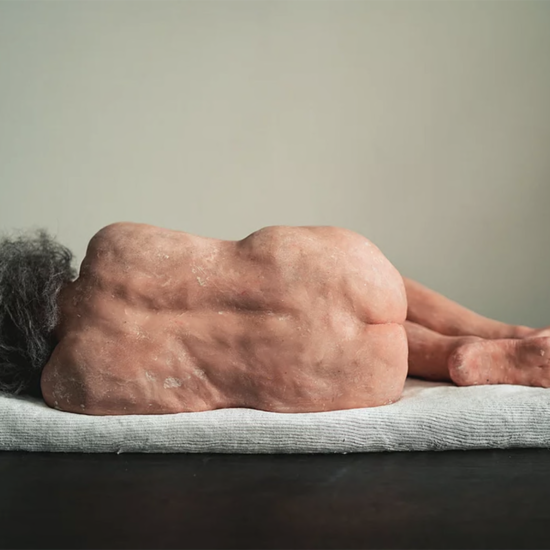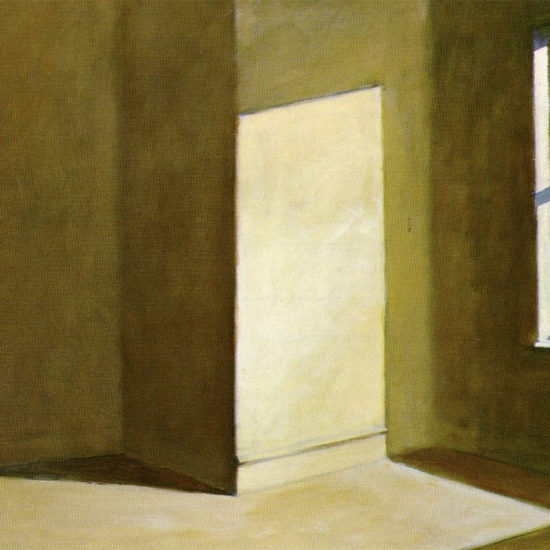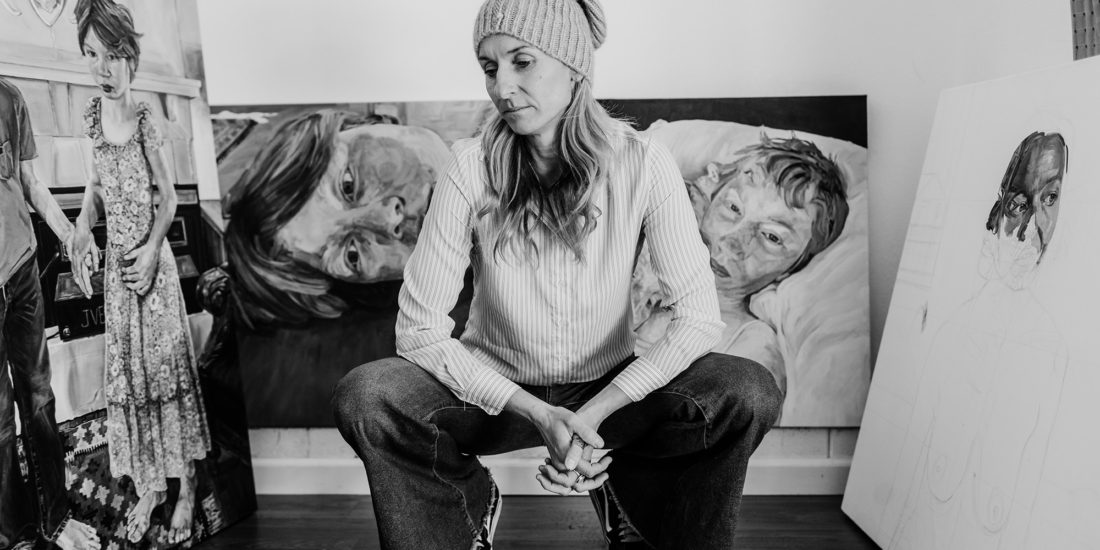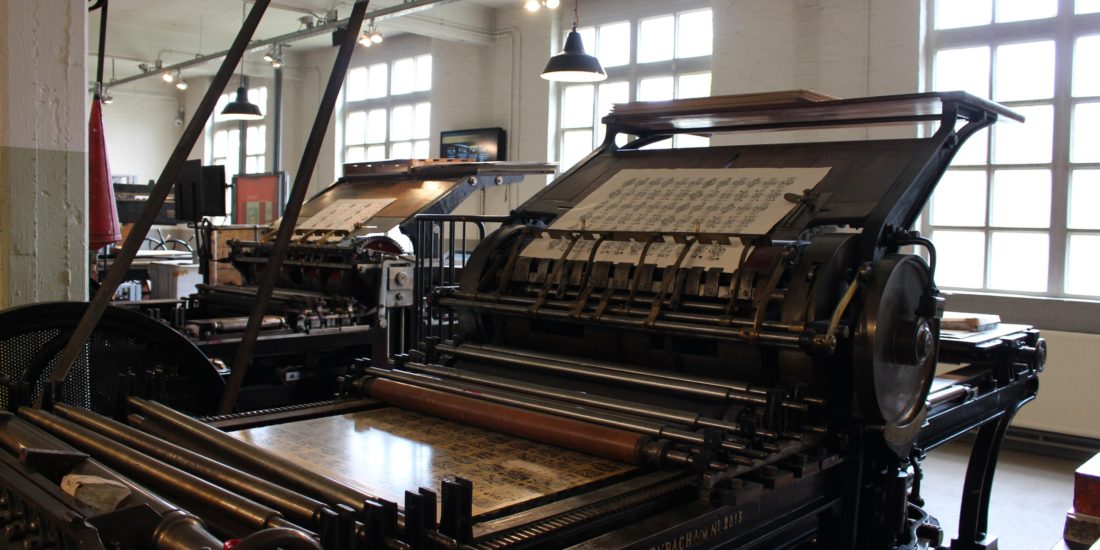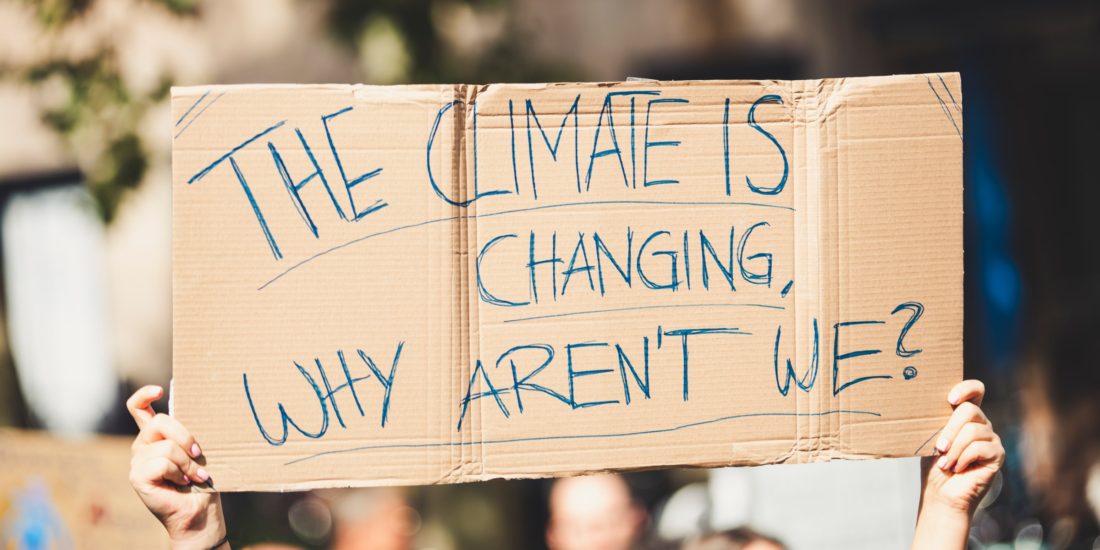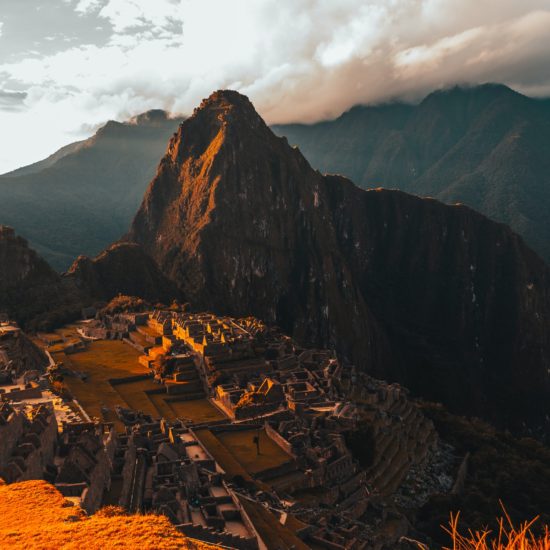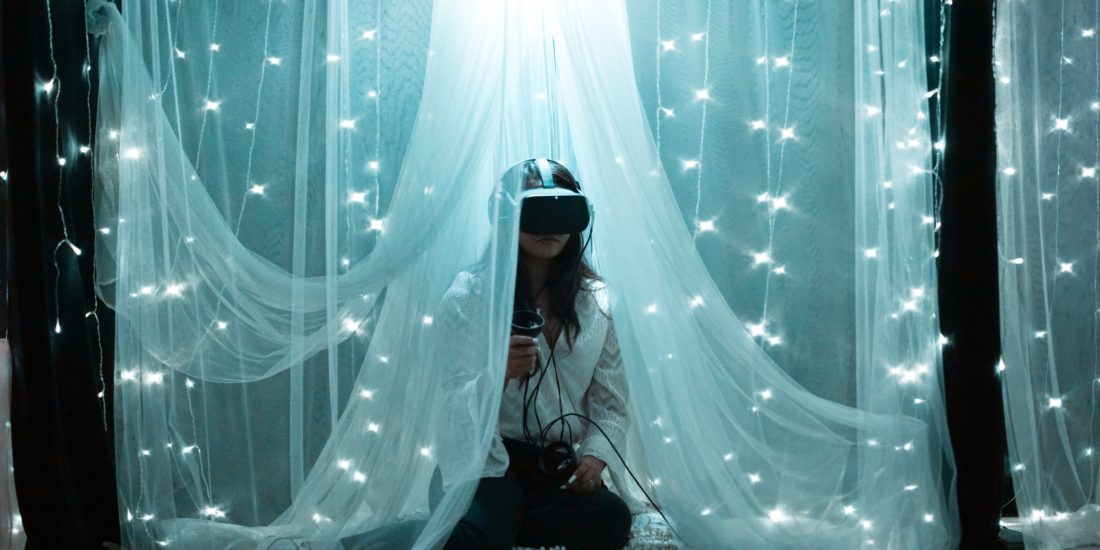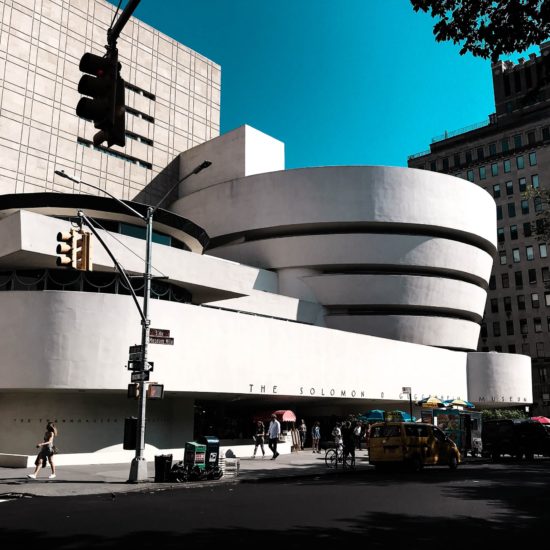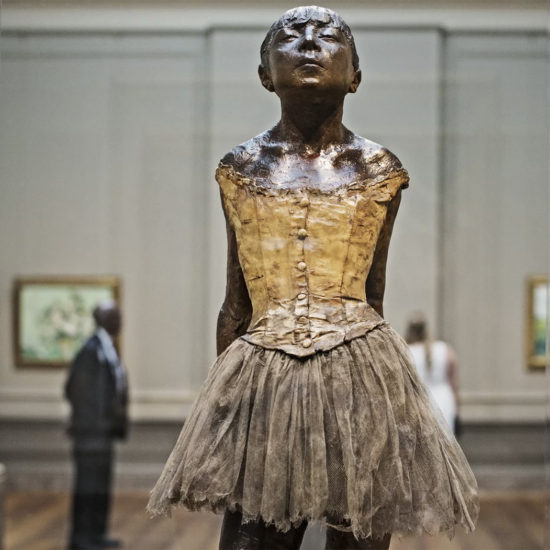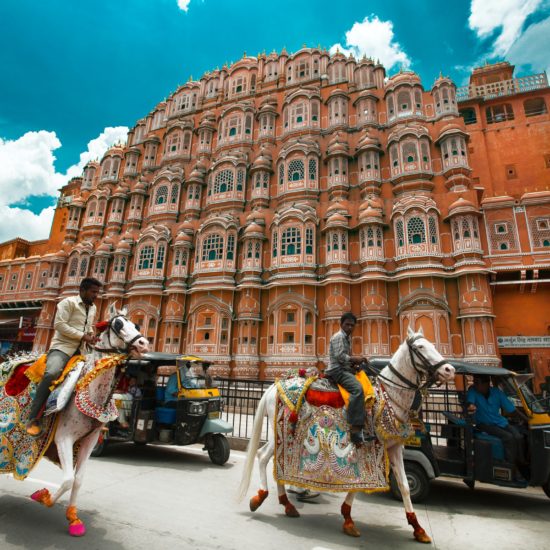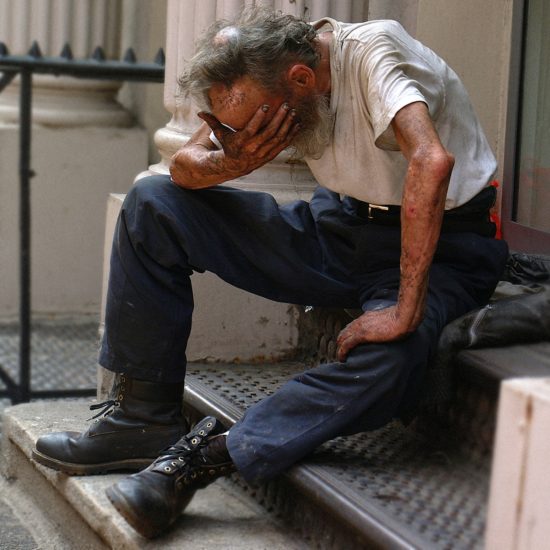MONOLITH VOLUME XIV: Changes
Change, a word that cuts the sum of meanings in two, arranging them on a double classification. On one hand, to change means our will to escape, to revolutionize, to question and duplicate the game, hoping to get back into the game of life. On the other hand, it means the fear of the new, of overturning, of the crisis and can paradoxically lead to an immobility that equally upset and that destines the senses of actions into a perennial questioning.
But what does this term really mean and how effectively can it act today in the reality we are immersed in? We are surrounded by temptations for change. Everywhere it is possible to turn experiences, situations and things upside down. Replace them, modify them.
This is infinitely possible if you think about the extraordinary power of the technological resources available nowadays, which legitimize the illusion that everything can be easily modified. However how much an easy vision of change could turn into a damage and how can it become an opportunity for the reconstruction and remodeling of the existence?
The climate changes, our habits change, our ideas and ideologies, fashion and art, and even luck changes. And then the evaluation of society changes, its most disturbing aspect, its incessant shadow: the absolute desire to follow our instinct for well-being that often becomes ambiguous and contradictory.
OUR AUTHORS | CONTRIBUTIONS
Ma cosa significa davvero questo termine e quanto può agire efficacemente, oggi, nella realtà in cui siamo immersi? Siamo circondati da tentazioni di cambiamento. Ovunque è possibile capovolgere le esperienze, le situazioni e le cose. Sostituirle, modificarle.
Ciò è tanto più possibile e concreto se si pensa alla straordinaria potenza delle risorse tecnologiche di cui si dispone, le quali legittimano l’illusione che ogni cosa possa avvalersi del lusso di essere modificata. Eppure, quanto può danneggiare una facile visione di cambiamento e quando, invece, può diventare occasione di ricostruzione e rimodulazione dell’esistenza? Cambiano il clima, i costumi, le idee e le ideologie, la moda, l’arte, persino la fortuna. E poi cambia la valutazione della società, il suo aspetto più inquietante, la sua ombra incessante: il voler a tutti i costi rincorrere un istinto di benessere che spesso assume i contorni dell’ambiguo e del contraddittorio.







